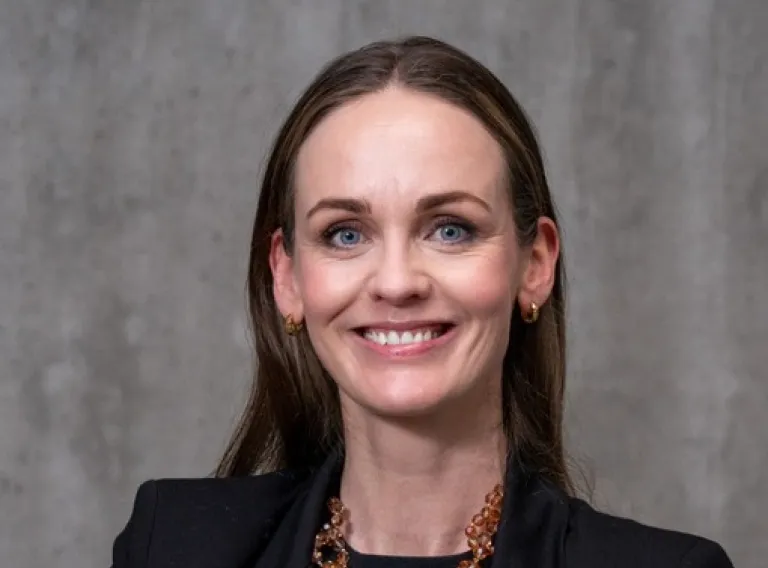Aðalbygging
The Aula
Doctoral candidate:
Ingunn Ýr Guðbrandsdóttir
Title of thesis:
Modelling the Endogenous Feedback Structure of a Food System using a Qualitative System Dynamics Approach: Informing Policy Design and Supporting Sustainability Transition in the Salmon Aquaculture Industry
Opponents:
Dr. Birgit Kopainsky, Head of the System Dynamics Group, Deputy head of Department of Geography, Bergen University, Norway
Dr. Ragnheiður Inga Þórarinsdóttir, Rector of the Agricultural University of Iceland
Advisors:
Dr. Guðmundur Valur Oddsson, Professor at the Faculty of Industrial Engineering, Mechanical Engineering and Computer Science, University of Iceland
Dr. Hlynur Stefánsson, Professor at the Faculty of Engineering, Reykjavik University
Other members of the doctoral committee:
Dr. Guðrún Ólafsdóttir, Research Scientist, ASCS Research Group, Faculty of Industrial Engineering, Mechanical Engineering and Computer Science, University of Iceland
Dr. Sigurður G. Bogason, Chairman, ASCS Research Group, Faculty of Industrial Engineering, Mechanical Engineering and Computer Science, University of Iceland
Chair of Ceremony:
Dr. Rúnar Unnþórsson, Professor and Head of the Faculty of Industrial Engineering, Mechanical Engineering and Computer Science, University of Iceland
Abstract:
Food systems face urgent sustainability challenges that are set to escalate as the world population expands, becomes more affluent, and urbanizes at a fast rate. These challenges are deeply rooted in food systems; the technology, ways of working, interorganizational relationships and interdependencies, and the wider societal structure and culture. Therefore, their solution calls for radical, non-linear, and structural system changes (i.e., sustainability transitions). Transitions require an understanding of the dynamics of the system, including drivers of change and structural inertia, especially as food systems are characterised by concentration of power in the hands of large, profit driven businesses with vested interest in maintaining the status quo. Given the urgency of food system sustainability transitions, and the potential for using modelling to design policy to guide such transitions, the aim of this research is to map up the endogenous feedback structure of the Norwegian salmon aquaculture industry, to determine if the modelling of a food system’s endogenous feedback structure using a system dynamics approach can support the system’s transition towards sustainability. The findings indicate that the endogenous structure of the Norwegian salmon aquaculture industry has impacted its development and in particular policy outcomes and thus potentially maintained resistance to change. This implies that new policy design will be important to guide transitions towards sustainability and would benefit from considering the system’s endogenous structure. These findings underscore the relevance of a systems perspective in policy design and transitions modelling.
About the doctoral candidate:
Holds a B.A. in Archaeology, a B.Sc. in Industrial Engineering and an M.Sc. in Industrial Engineering from the University of Iceland.

Share
Buses 14, 1, 6, 3 and 12 stop at the University of Iceland in Vatnsmýri. Buses 11 and 15 also stop nearby. Let's travel in an ecological way!
